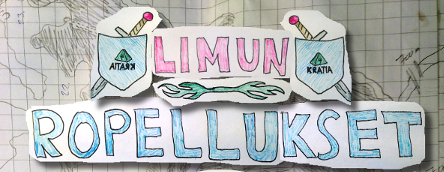What is fantasy? On one level, of course, it is a game: a pure pretense with no ulterior motive whatever. It is one child saying to another child, “Let’s be dragons,” and then they’re dragons for an hour or two. It is escapism of the most admirable kind—the game played for the game’s sake.
On another level, it is still a game, but a game played for very high stakes. Seen thus, as art, not spontaneous play, its affinity is not with daydream, but with dream. It is a different approach to reality, an alternative technique for apprehending and coping with existence. It is not antirational but pararational; not realistic, but surrealistic, superrealistic, a heightening of reality. In Freud’s terminology, it employs primary, not secondary process thinking. It employs archetypes, which, Jung warned us, are dangerous things. Dragons are more dangerous, and a good deal commoner, than bears. Fantasy is nearer to poetry, to mysticism, and to insanity than naturalistic fiction is. It is a real wilderness, and those who go there should not feel too safe. And their guides, the writers of fantasy, should take their responsibilities seriously.– Ursula K. Le Guin, from “From Elfland to Poughkeepsie” (1973)
"Finnicum ropeblogi iactis optimum!"
